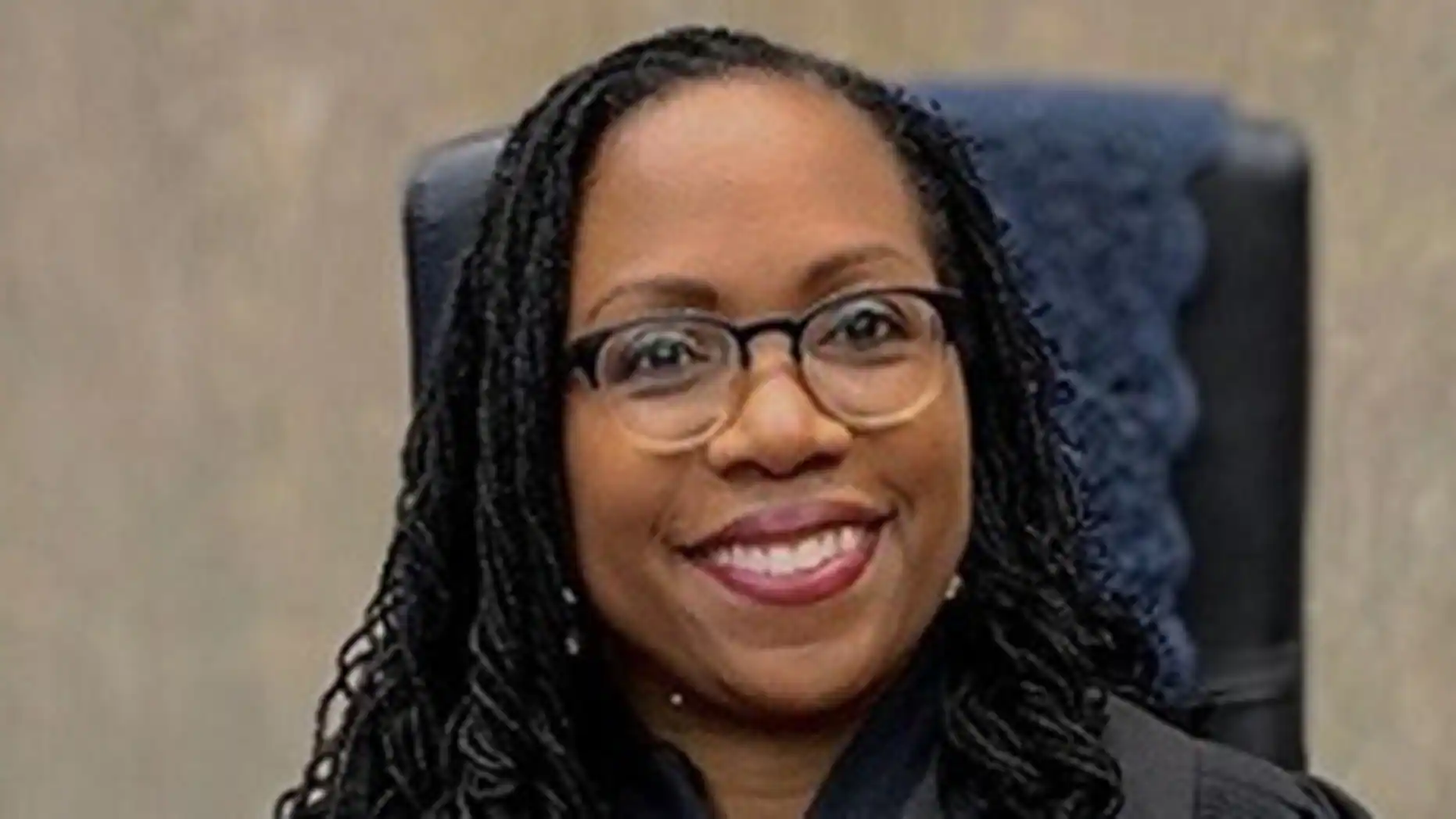Who is Maria Zuber - Cochair of PCAST nominees: Biography, Career and Achievements
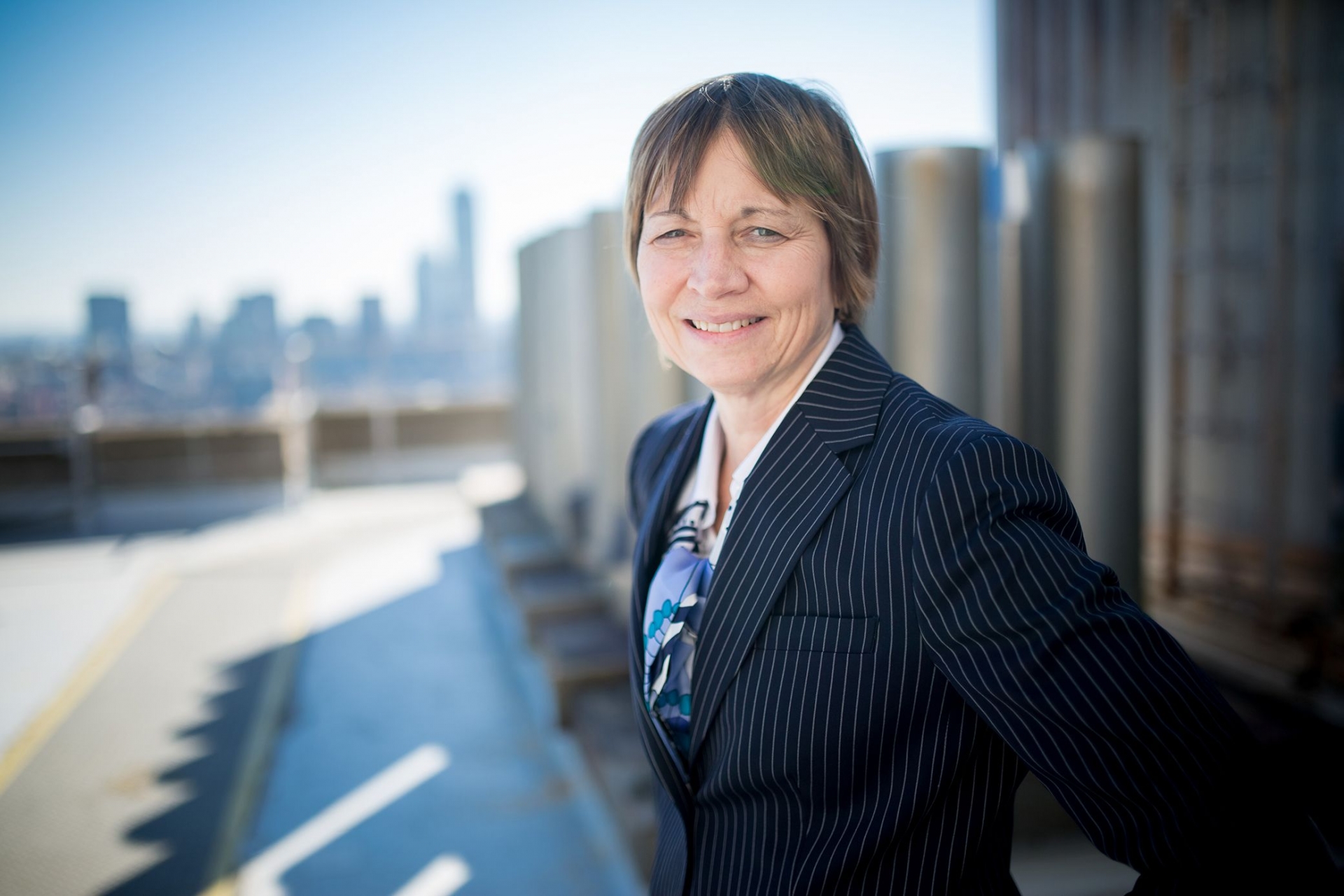 |
| Maria-Zuber-Biden's-pick-for-Cochair-of-PCAST Photo: News.mit.edu |
Who is Maria Zuber?
Maria Zuber, MIT’s vice president for research and E. A. Griswold Professor of Geophysics, is responsible for research administration and policy. She oversees MIT Lincoln Laboratory and more than a dozen interdisciplinary research laboratories and centers. She leads MIT’s Climate Action Plan. Zuber has held leadership roles associated with scientific experiments or instrumentation on ten NASA missions, notably serving as principal investigator of the Gravity Recovery and Interior Laboratory (GRAIL) mission, Buildbackbetter noted.
Career motivation
Zuber became interested in planetary science at an early age. A desire to spread her childhood enthusiasm was one reason why she teamed up with former astronaut Sally Ride to include in the GRAIL mission components that would capture the imagination of young students. A student contest provided the names for the mission's two spacecraft, Ebb and Flow, and students can sign up to use GRAIL's Moon Knowledge Acquired by Middle school students (MoonKAM) instrument.
Previous positions
The daughter of a Pennsylvania state trooper and the granddaughter of coal miners, Maria T. Zuber, 62, has been a member of the MIT faculty since 1995 and MIT’s vice president for research since 2013. She has served since 2012 on the 24-member National Science Board (NSB), the governing body of the National Science Foundation, serving as NSB chair from 2016 to 2019, News.mit.edu reported.
For more information about Biden's pick for his administration, please click here!
Achievements
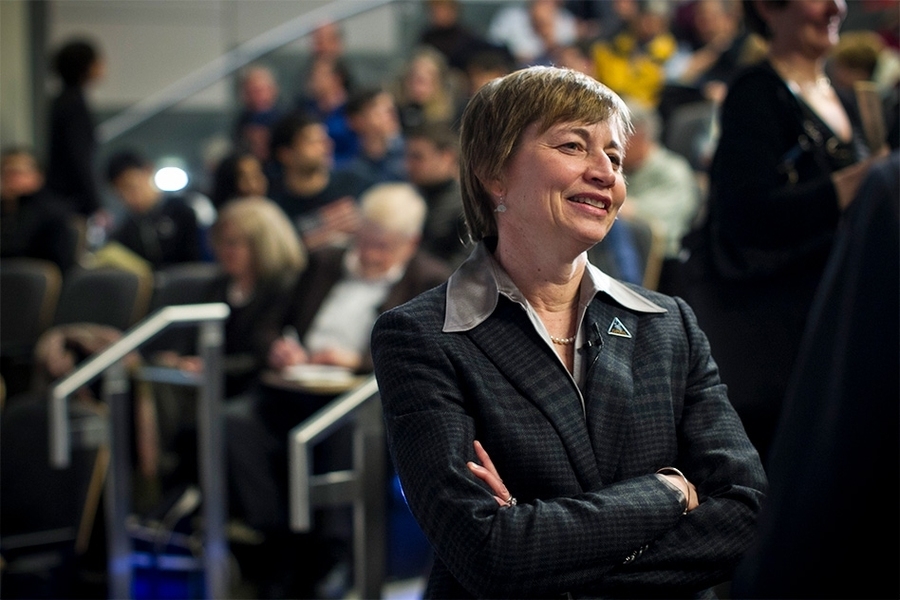 |
| Photo: News.mit.edu |
Dr. Zuber has won numerous awards including the MIT James R. Killian Jr. Faculty Achievement Award, NASA's Outstanding Scientific Achievement Medal, Distinguished Public Service Medal and Outstanding Public Leadership Medal, as well as the American Geophysical Union Harry H. Hess Medal, the Geological Society of America G. K. Gilbert Award and the American Astronautical Society/Planetary Society Carl Sagan Memorial Award.
She is a member of the National Academy of Sciences and American Philosophical Society, and is a fellow for the American Academy of Arts and Sciences, the American Association for the Advancement of Science, the Geological Society and the American Geophysical Union, Nsf.gov noted.
Maria T. Zuber was awarded the 2012 Harry H. Hess Medal at the AGU Fall Meeting Honors Ceremony, held on 5 December 2012 in San Francisco, Calif. The medal is for “outstanding achievements in research on the constitution and evolution of Earth and other planets.”
For two decades, Maria Zuber – the E. A. Griswold Professor of Geophysics at the Massachusetts Institute of Technology – has led the geophysical exploration of the Moon, Mars, Mercury, and the asteroids.
Her principal tools have been laser altimetry and planetary gravity fields. Zuber led the analysis of laser ranging data from the lunar Clementine mission to produce the first global topographic map of the Moon.
Moreover, Zuber led the analysis of laser altimetry observations of Mercury made by the MESSENGER spacecraft that yielded the first maps of crustal thickness in Mercury’s northern hemisphere. She led the determination of the first detailed three-dimensional shape model for an asteroid (433 Eros) and determined that body’s mean density and porosity. She championed the idea that many tectonic features on the inner planets arise from instabilities in the lithosphere induced by in-plane or basal shear stress, and with this idea she inferred mechanical properties of the lithosphere in extensional and contractional regimes on Earth, Venus, and Mars. Honors.AGU cited Sean C. Solomon, Lamont-Doherty Earth Observatory, Columbia University, Palisades.
Biden's pick for Cochair of PCAST
| President-elect Joe Biden has selected two MIT faculty leaders — Broad Institute Director Eric Lander and Vice President for Research Maria Zuber — for top science and technology posts in his administration. Zuber has been named co-chair of the President’s Council of Advisors on Science and Technology (PCAST), along with Caltech chemical engineer Frances Arnold, a 2018 winner of the Nobel Prize in chemistry. Zuber and Arnold will be the first women ever to co-chair PCAST. |
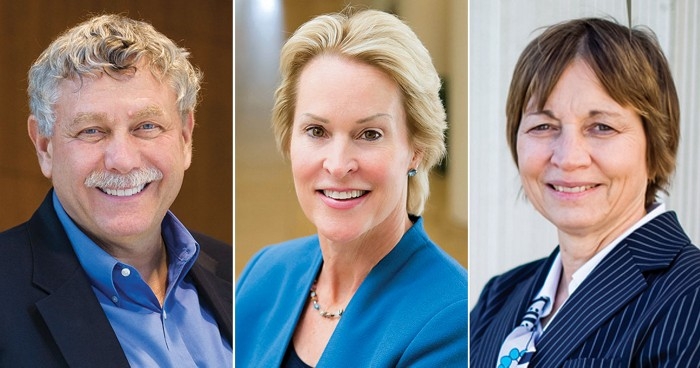 |
| Eric-Lander-Frances-Arnold-and-Maria Zuber Photo: Cen.acs.org |
Lander, Zuber, Arnold, and other appointees will join Biden in Wilmington, Delaware, on Saturday afternoon, where the president-elect will introduce his team of top advisors on science and technology, domains he has declared as crucial to America’s future. Biden has charged this team with recommending strategies and actions to ensure that the nation maximizes the benefits of science and technology for America’s welfare in the 21st century, including addressing health needs, climate change, national security, and economic prosperity, News.mit.edu reported.
If you find the information given above effective and useful, don't forget to give Knowinsiders comments or sharings, thanks a lot!
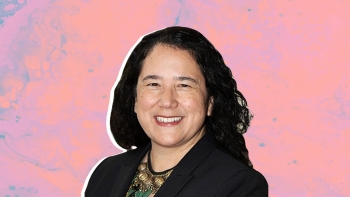 Who is Isabel Guzman – Biden's pick to head Small Business Administration Who is Isabel Guzman – Biden's pick to head Small Business Administration Who is Isabel Guzman, Biden's pick to head Small Business Administration among a number of potential candidates? Let's find out the answer by reading the ... |
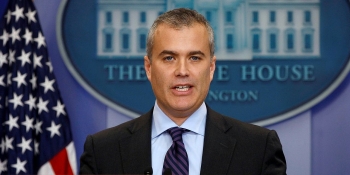 Who is Jeff Zients - Biden's pick for Coronavirus Czar Who is Jeff Zients - Biden's pick for Coronavirus Czar Jeff Zients (Jeffrey Dunston Zients in full) is an American business executive and former government official. Recently he has been chosen for the position White ... |
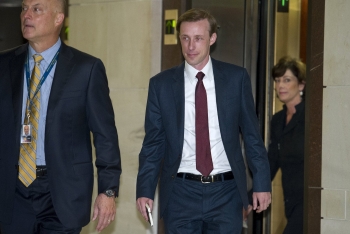 Who is Jake Sullivan - Biden's pick for National Security Adviser Who is Jake Sullivan - Biden's pick for National Security Adviser In hí increasingly powerful empire, Joe Biden has chosen Jake Sullivan for the position of National Security Adviser. Who is he and why does he ... |



